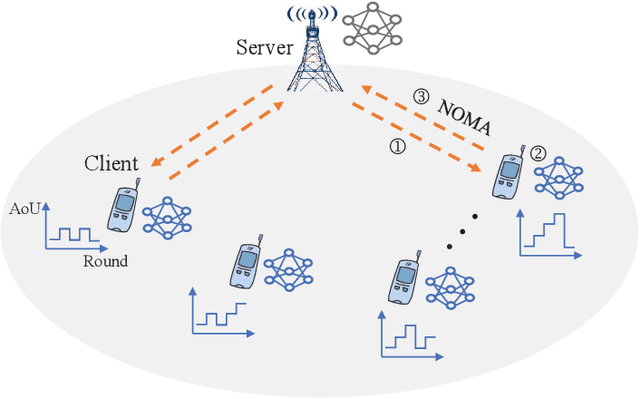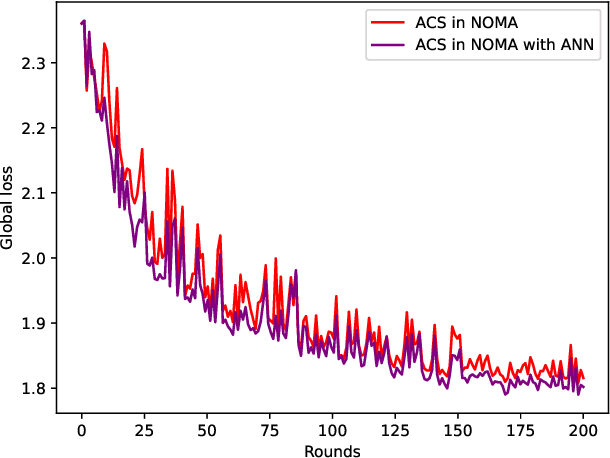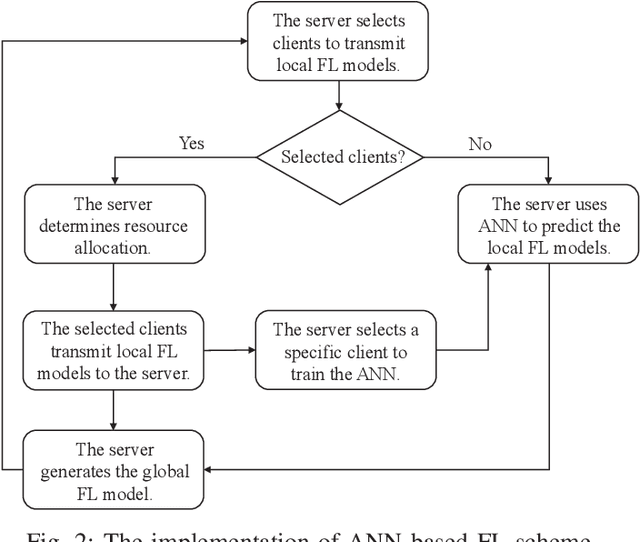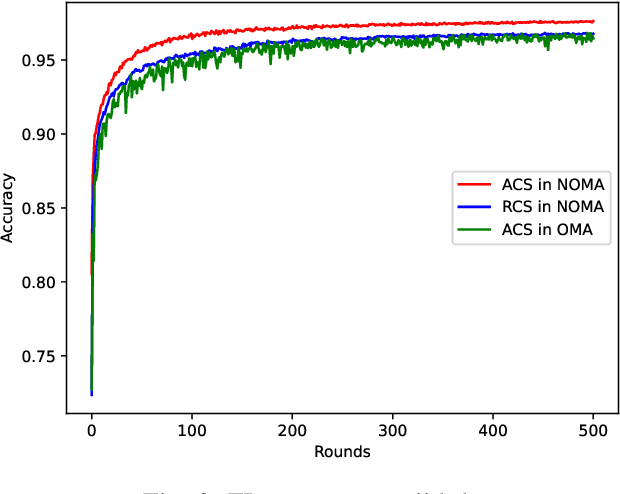Energy-Efficient Design of STAR-RIS Aided MIMO-NOMA Networks
Paper and Code
Apr 19, 2023



Simultaneous transmission and reflection-reconfigurable intelligent surface (STAR-RIS) can provide expanded coverage compared with the conventional reflection-only RIS. This paper exploits the energy efficient potential of STAR-RIS in a multiple-input and multiple-output (MIMO) enabled non-orthogonal multiple access (NOMA) system. Specifically, we mainly focus on energy-efficient resource allocation with MIMO technology in the STAR-RIS assisted NOMA network. To maximize the system energy efficiency, we propose an algorithm to optimize the transmit beamforming and the phases of the low-cost passive elements on the STAR-RIS alternatively until the convergence. Specifically, we first decompose the formulated energy efficiency problem into beamforming and phase shift optimization problems. To efficiently address the non-convex beamforming optimization problem, we exploit signal alignment and zero-forcing precoding methods in each user pair to decompose MIMO-NOMA channels into single-antenna NOMA channels. Then, the Dinkelbach approach and dual decomposition are utilized to optimize the beamforming vectors. In order to solve non-convex phase shift optimization problem, we propose a successive convex approximation (SCA) based method to efficiently obtain the optimized phase shift of STAR-RIS. Simulation results demonstrate that the proposed algorithm with NOMA technology can yield superior energy efficiency performance over the orthogonal multiple access (OMA) scheme and the random phase shift scheme.
 Add to Chrome
Add to Chrome Add to Firefox
Add to Firefox Add to Edge
Add to Edge